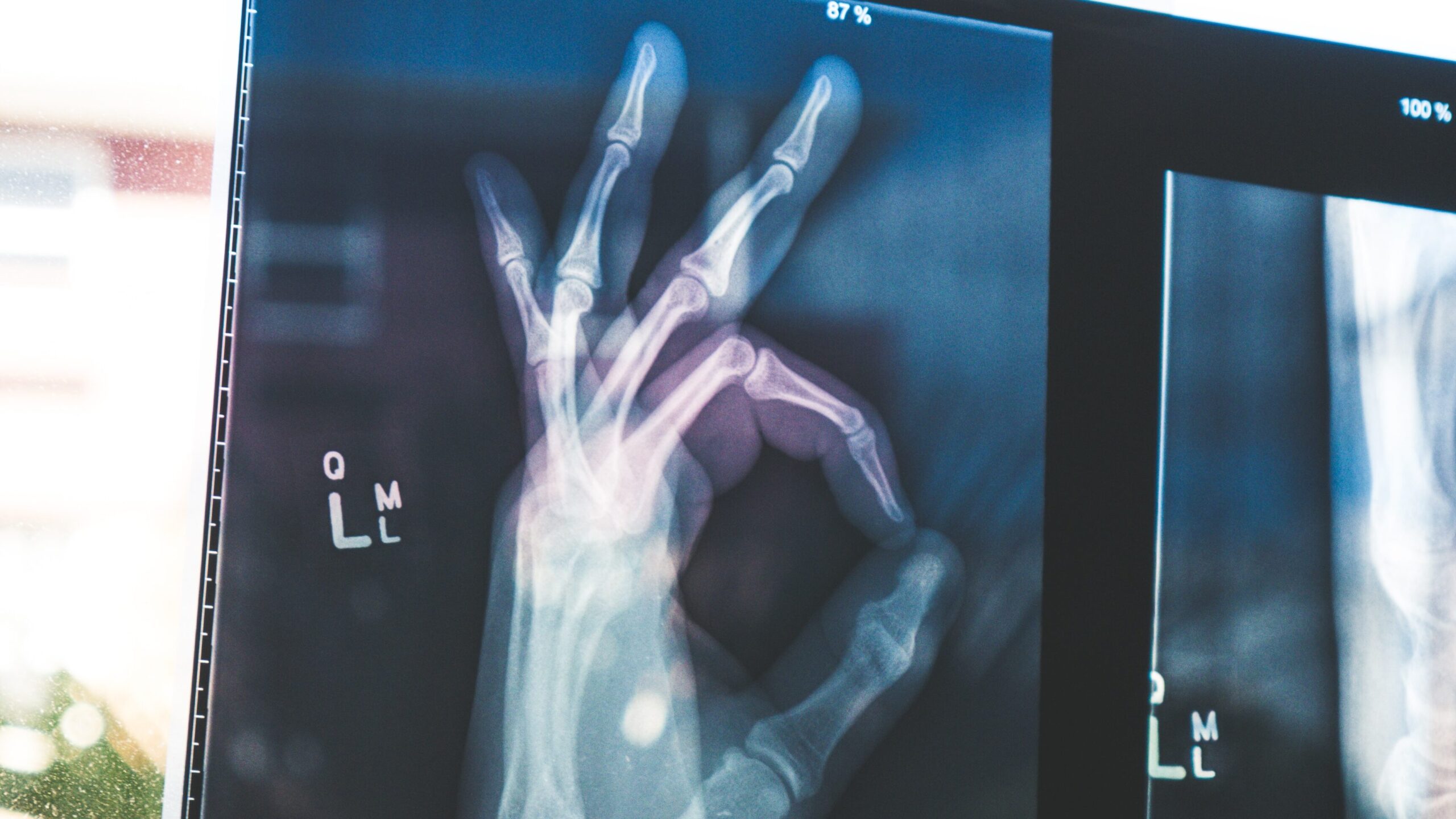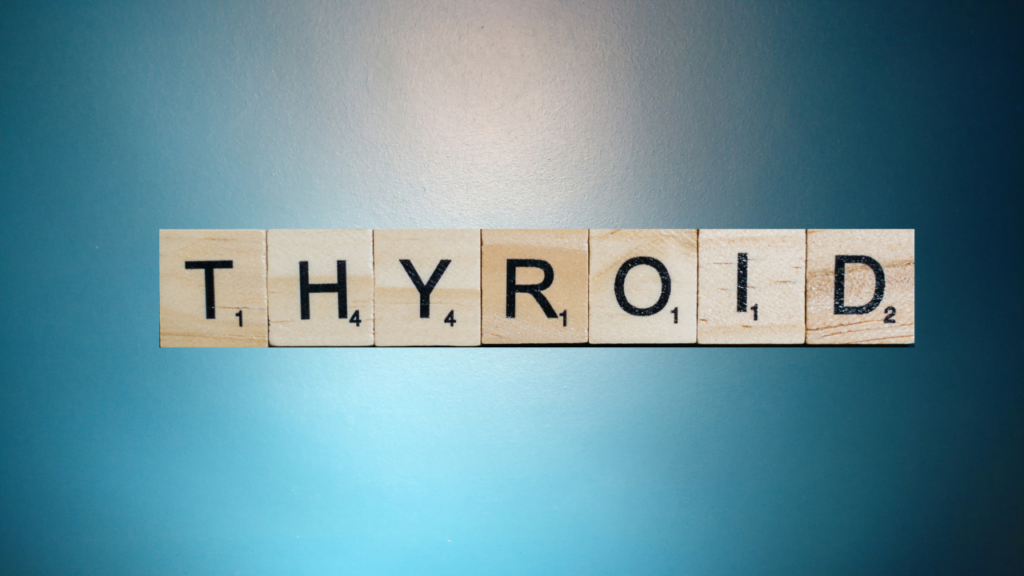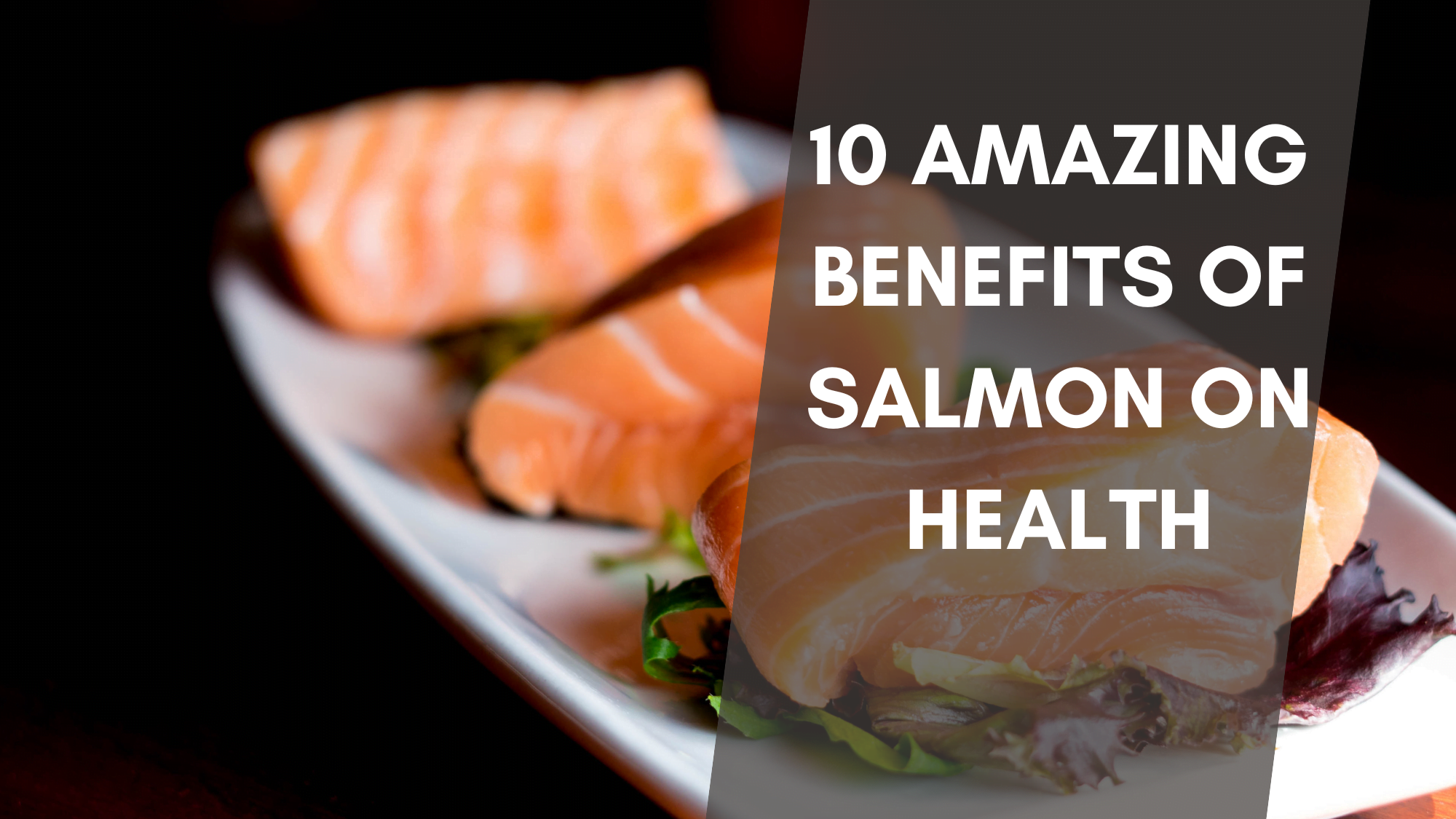Since Salmon is one of the most nutritious types of fish that offers several health benefits. In this article, we will share the 10 amazing benefits of Salmon fish on health.
Rich in omega-3 fatty acids, vitamin B12, and other essential nutrients, salmon is wonderful for hair and skin health. The great taste and excellent health benefits of salmon make it one of the most loved fish in the world.
Popular oily fish with excellent lipids, salmon is often consumed. It is therefore advantageous for cholesterol and heart health. Overall health is influenced by the presence of sufficient amounts of protein, vitamins, minerals, and omega-3 and -6 fatty acids.
Salmon is regarded as a superfood and contains antioxidants like selenium, other minerals like phosphorus, zinc, and potassium, and the vitamin B group, which includes riboflavin, niacin, thiamin, B6, folate, and B12. As a result, salmon promotes health since, if included in our diet, it mostly makes up for our body’s vitamin and mineral inadequacies.
Salmon Nutritional Benefits
A 100g serving of salmon (farmed, cooked weight) contains:
232 kcals / 969 kJ
25.2g protein
14.6g fat
7.3mcg vitamin D
20mcg selenium
So, here are the 10 amazing benefits of Salmon Fish:
1. May Assist in Weight Loss

Salmon may benefit from weight loss as well. The oily fish is protein-rich with a low-calorie content. Therefore, it is absolutely healthy and advisable to include salmon in your diet plan, as it will not only provide you with huge amounts of protein but will also compensate for various vitamin and mineral deficiencies in the body. The fat content in salmon is mostly good and doesn’t make you gain weight.
2. Good Source of Omega-3 Fatty Acids

Also read Omega-3 fatty acids benefits>>>
Eicosapentaenoic acid (EPA) and docosahexaenoic acid, which are long-chain omega-3 fatty acids, are best found in salmon (DHA). 3.5 ounces (100 grams) of farmed salmon contains 2.3 grams of long-chain omega-3 fatty acids. Omega-3 fatty acids, in contrast to the majority of other fats, are regarded as “essential,” meaning that your body cannot produce them and you must acquire them from your food.
Generally speaking, the majority of health organizations advise healthy persons should consume between 250 and 1,000 mg of combined EPA and DHA daily.
EPA and DHA have been credited with several impressive health benefits, such as decreasing inflammation, lowering blood pressure, reducing the risk of cancer, and improving the function of the cells that line your arteries
One review of 22 studies found that using an EPA and DHA supplement consistently could significantly improve arterial function, especially in people who smoke, are overweight, or have high cholesterol levels or metabolic syndrome.
What’s more, studies have shown that getting these omega-3 fats from fish increases levels in your body even more effectively than supplementing with fish oil capsules.
As for how much fish to eat, consuming at least two servings of salmon per week can help you meet your omega-3 fatty acid needs.
3. Repairs Damaged Tissues

Salmon is a good source of protein. In addition to essential nutrients, our body requires protein as it is the building block for bones, muscles, cartilage, skin, and blood. It helps the body to build and repair tissues after an injury, protects bone health, and maintains muscle mass during weight loss. It also maintains a healthy metabolic rate and improves bone density and strength.
4. Good Source of Selenium

Selenium is a mineral found in soil and certain foods, including salmon.
It’s considered a trace mineral, meaning your body needs only a small amount. Nevertheless, getting enough selenium in your diet is important.
Studies have shown that selenium helps protect bone health, decreases thyroid antibodies in people with autoimmune thyroid disease, and may potentially reduce the risk of certain types of cancer.
A 3.5-ounce (100-gram) serving of salmon provides 75–85% of the DV for selenium.
Consuming salmon and other types of seafood have been shown to improve blood levels of selenium in people whose diets are low in this mineral.
One older study found that blood levels of selenium increased significantly more in people who consumed two servings of salmon per week than in those who consumed fish oil capsules containing less selenium.
5. A Great Protein Source

Salmon is an excellent source of protein.
Protein is a necessary nutrient that you must obtain from your diet, just like omega-3 fats.
Protein serves a variety of vital functions in the body, including promoting bone health, promoting wound healing, and maintaining muscle mass as you age and lose weight.
According to recent studies, each meal should contain at least 20 to 30 grams of high-quality protein for optimum health.
For reference, 3.5 ounces (100 grams) of salmon has 22–25 grams of protein per serving.
6. Healthy For The Heart

Eating salmon on a regular basis may help protect against heart disease.
This is due, in large part, to salmon’s ability to boost levels of omega-3 fatty acids in the blood. Many people have too many omega-6 fatty acids in their blood in relation to omega-3s.
Research suggests that when the balance of these two fatty acids is off, the risk of heart disease increases.
In one older study, consuming 2 servings of farmed salmon per week increased omega-3 blood levels by 8–9% and decreased omega-6 levels after 4 weeks.
Additionally, some research suggests that regular consumption of fish may be linked to lower triglyceride levels and improvements in several other risk factors for heart disease.
7. Excellent Vitamin B Complex Source
The complete B vitamin family—B3, B5, B7, B6, B9, B12, and so forth—is abundant in salmon. The vitamin B complex is essential for preserving the harmony of all body systems. The B vitamin family collaborates to produce and repair DNA, lessen inflammation, and convert food taken into energy. Salmon contains the highest concentrations of vitamins B3 (niacin) and B6 of all the B vitamins. While vitamin B6 promotes better brain health, vitamin B3 aids in lowering cholesterol levels. B12, which is essential for the health of the brain, neurological system, hormonal balance, and other metabolic processes, is also present in salmon in good amounts.
8. Good Source of Potassium
Salmon has a high potassium content.
This is particularly true of salmon, which supplies 13% of the DV per 3.5 ounces (100 grams) of wild salmon compared to 8% for salmon raised on farms.
Actually, compared to a comparable amount of banana, which only supplies 9% of the DV, wild salmon have higher potassium.
Potassium assists in controlling blood pressure and may lessen the risk of a stroke.
According to one study, taking potassium supplements dramatically lowered blood pressure in persons with high blood pressure, particularly in those who consumed a lot of sodium.
By limiting excessive water retention, potassium also collaborates with sodium to control fluid balance and reduce blood pressure.
Summary
Salmon is a nutrient powerhouse with a number of health benefits. You can meet your nutrient needs and reduce your chance of getting numerous diseases by eating at least two servings every week.
Salmon is also savory, satisfying, and adaptable. Your health and quality of life may benefit if you regularly eat this fatty fish.
Risks mostly rely on dietary practices. These can be quickly avoided. As a result, eating salmon can be done with little to no concern.

